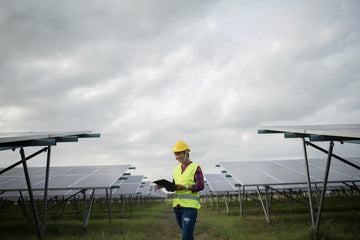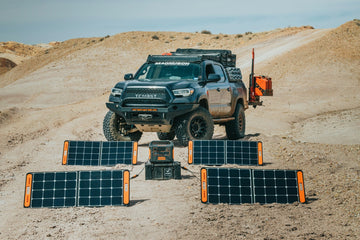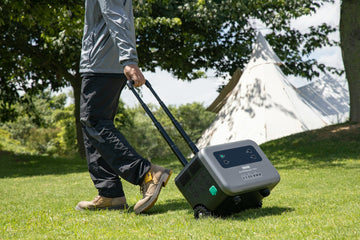Introduction
Power outages are unpredictable and can happen anywhere—during storms, heatwaves, or grid failures. Having a backup power station ensures your home remains powered, your family stays safe, and essential devices continue running. Whether for emergencies, off-grid living, or everyday convenience, a backup power station is a smart investment for modern households.
1. Ensure Continuous Power Supply
A backup power station keeps your lights, appliances, and electronics running during outages. You can power:
-
Refrigerators and freezers
-
Wi-Fi routers and phones
-
Home security systems
-
Medical devices like CPAP machines
This means no spoiled food, no disrupted work-from-home sessions, and peace of mind.
2. Silent and Eco-Friendly Operation
Unlike gas generators, backup power stations are silent and produce no emissions. This allows you to use them indoors or outdoors safely without worrying about fumes or noise pollution.
3. Cost-Effective in the Long Run
Once installed, backup power stations use solar or stored energy—no ongoing fuel costs. This can save money compared to repeated fuel purchases for gas generators while also reducing your carbon footprint.
4. Portable and Easy to Store
Modern backup power stations are lightweight and compact, making them easy to move between rooms, store in a garage, or even take camping. You don’t need heavy equipment or complicated installations.
5. Emergency Preparedness
Having a backup power station is essential for emergency readiness. During natural disasters or unexpected outages, it ensures your family has access to communication, lighting, and refrigeration, keeping everyone safe and comfortable.
6. Compatible with Solar Panels
Pairing a backup power station with solar panels allows you to recharge naturally using sunlight, making it an eco-friendly solution that’s independent of the grid. This combination ensures your home remains powered even during extended outages.
Conclusion
A backup power station is no longer a luxury—it’s a necessity for modern homeowners. From convenience and cost savings to emergency preparedness and environmental friendliness, it offers multiple benefits that make it a smart investment for every household.




